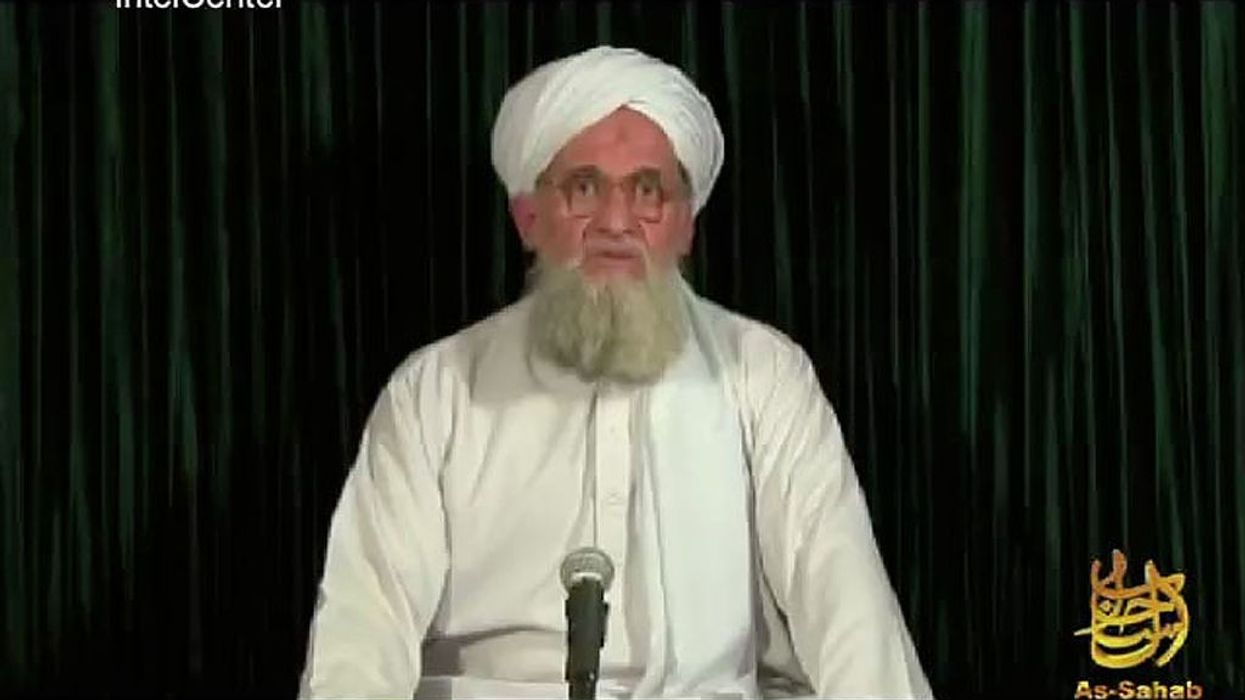Al Qaeda chief and key plotter of the 9/11 terrorist attack, Ayman al Zawahiri, was killed in a US drone strike in Afghanistan on Saturday.
US President Joe Biden confirmed it on Monday, saying that "Justice has been served". Zawahiri, who had just turned 71, took over the leadership of Al-Qaeda after the US Forces hunted down Osama bin Laden in Jalalabad of Pakistan. 11 years after Laden was killed, Zawahiri had become an international symbol of the group, and a global terrorist with a reward of USD 25 million on his head.
Born in an Egyptian middle-class family of scholars and doctors, Zawahiri grew up to be a doctor. He was the grandson of Rabia al-Zawahiri, the grand imam of Al Azhar, which is the centre of Sunni Islamic learning in the Middle East and one of Islam's most important mosques.
Zawahiri served three years as a surgeon in the Egyptian Army, but his journey from an eye surgeon to becoming a most wanted global terrorist started after he met Laden in 1986, and joined Laden as his personal advisor and physician.
In 1993, he took over the leadership of Islamic Jihad in Egypt and became a leading figure in a campaign in the mid-1990s to overthrow the government and set up a purist Islamic state. He was found to be involved in the killing of over 1,200 Egyptians.
Years later, Zawahiri became number two on the list of "most wanted terrorists" announced by the US government in 2001.
In 1998, Zawahiri finally merged the Egyptian Islamic Jihad with Al-Qaeda.
Zawahiri was indicted for his alleged role in the bombings of August 7, 1998, when nearly simultaneous bombs blew up in front of the American embassies in Nairobi, Kenya, and Dar es Salaam, Tanzania, in Africa - 224 people died in the blasts, including 12 Americans, and more than 4,500 people were wounded.
The culmination of Zawahiri's terror plotting came on September 11, 2001, when nearly 3,000 people were killed in the attacks on the twin towers of the World Trade Center and Pentagon. A fourth hijacked airliner, headed for Washington, crashed in a Pennsylvania field after passengers fought back.
Both he and bin Laden escaped US forces in Afghanistan in late 2001.
In May 2003, Zawahiri was found involved in suicide bombings in Riyadh, Saudi Arabia, killed 23 people, including nine Americans, days after a tape thought to contain Zawahiri's voice was released.
Zawahiri emerged as a prominent speaker of Al-Qaeda, in recent years after he appeared in 16 videos and audiotapes in 2007, four times as many as Bin Laden, as the group tried to radicalise and recruit Muslims around the world.
His whereabouts were a mystery for several years, but he was believed to be hiding along the border between Pakistan and Afghanistan.
In January 2006, the US had earlier tried to kill Zawahiri in a missile strike near Pakistan's border with Afghanistan. The attack killed four al-Qaeda members, but Zawahiri survived and appeared on video two weeks later, warning US President George W Bush that neither he nor "all the powers on earth" could bring his death "one second closer".
Zawahiri's targeted killing comes a year after the US military withdrawal from Afghanistan and the Taliban's takeover of the country.
The US President said that justice has been delivered, adding, "No matter how long it takes, no matter where you hide, if you are a threat to our people, the US will find you and take you out."
(ANI)




